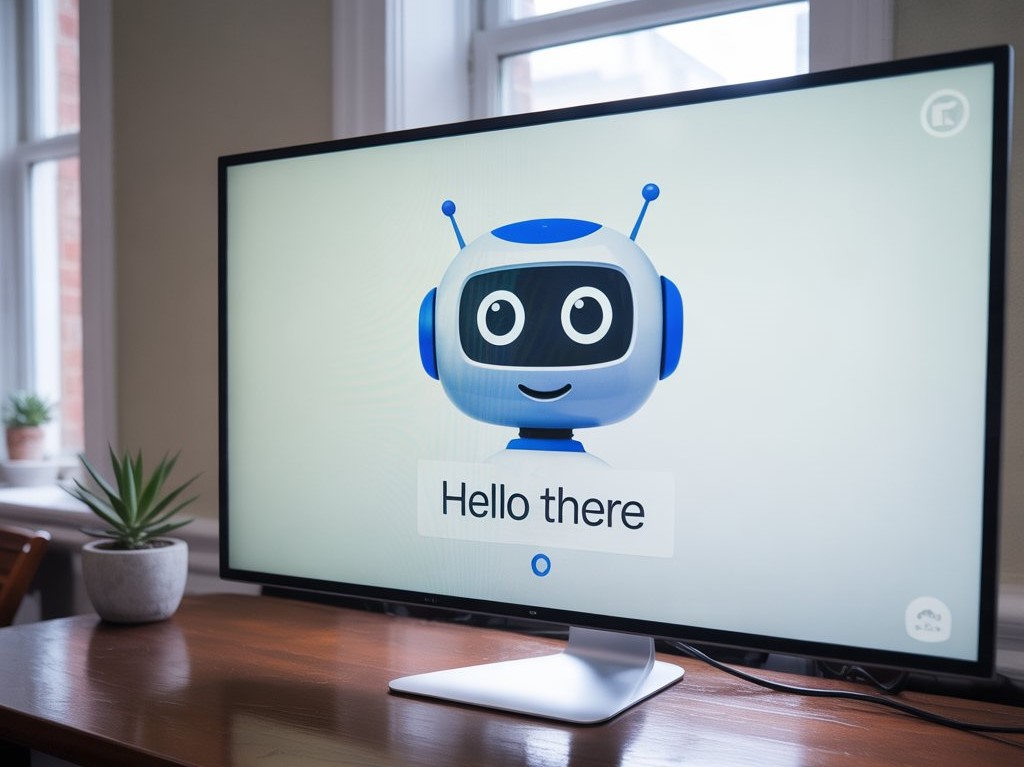
Генерація з підкріпленням пошуком (RAG): Революція пошуково-розширеного ШІ в чат-ботах та корпоративних застосунках
RAG означає Retrieval-Augmented Generation (генерація з підкріпленням пошуком) — гібридний підхід в ІІ, який поєднує велику мовну модель із пошуковою системою або базою даних для отримання зовнішніх знань з метою надання обґрунтованих, актуальних відповідей. У 2025 році RAG став стратегічною необхідністю для